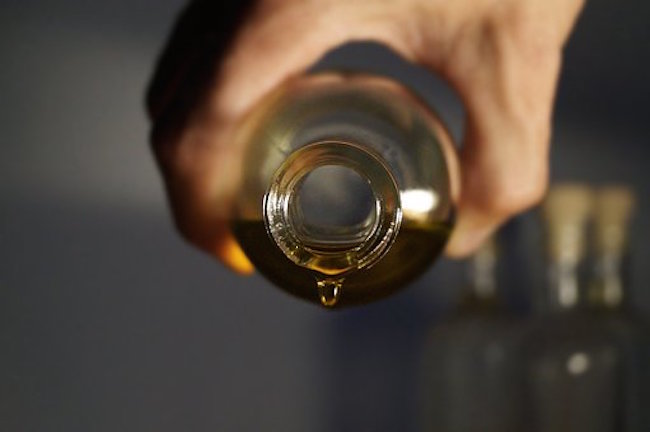Study: “Good” cholesterol can help prevent liver inflammation By Zoey Sky for Prevention
You may already know about the dangers of high cholesterol, but there’s more to learn if you want to maintain your overall well-being and liver health.
The human body contains high-density lipoprotein (HDL), more popularly known as “good” cholesterol. Data from an animal study suggests that HDL has another role in protecting the liver from injury.
The study was conducted by researchers from the Washington University School of Medicine and published in the journal Science.
HDL helps the body by absorbing cholesterol and delivering it to the liver, then the organ flushes the cholesterol out of the body.
In the study, researchers discovered that a form of HDL called HDL3 helps protect against liver inflammation by blocking inflammatory signals from gut bacteria. If these signals aren’t blocked, they can travel from the intestine to the liver, where they activate immune cells. This process causes inflammation.
Liver health, inflammation and HDL
Inflammation happens in your body naturally. The immune system creates inflammation to protect your body from infection, injury or disease. In fact, there are many things you wouldn’t be able to recover from without inflammation.
However, inflammation can also be bad for your health. In some cases, the immune system of people with autoimmune diseases, like certain types of arthritis and inflammatory bowel disease, attacks their healthy cells.
Too much inflammation may also cause liver damage like fatty liver disease or liver fibrosis.
While HDL is considered the “good cholesterol,” drugs that increase overall HDL levels have fallen out of favor because recent clinical trials suggest that they don’t offer any benefits for those with cardiovascular disease.
But the Washington study found that raising the levels of HDL3 in the intestine may provide protection against liver disease. Liver disease is a major chronic health problem worldwide.
HDL3 and liver damage
For the study, the researchers observed how HDL3 from the intestine prevented liver inflammation in mice subjects. Any type of intestinal damage can trigger gram-negative bacteria to respond with lipopolysaccharide, an inflammatory molecule.
The molecule moves to the liver through the portal vein. While traveling, lipopolysaccharide can activate immune cells to start the inflammatory process. Results showed that this process is similar to necrotizing enterocolitis, a life-threatening condition seen in premature babies where doctors need to surgically remove an inflamed intestine.
To replicate the situation, the researchers removed some of the small intestines from mice and studied the eventual liver fibrosis.
Earlier studies have shown that HDL can disrupt lipopolysaccharide’s triggering of the immune cell response. Additionally, the receptor for lipopolysaccharide could be linked to liver disease.
According to the study’s senior author, Gwendalyn J. Randolph, none of them thought that HDL would directly move from the intestine to the liver, which requires HDL to enter the portal vein. HDL travels through a lymphatic vessel in the intestine to other tissue, but this vessel isn’t connected to the liver.
Yet when the researchers tracked HDL, they discovered that it enters the portal vein to reach the liver.
While it travels to the liver through the portal vein, HDL3 binds to the lipopolysaccharide binding protein (LBP). When the HDL3-LBP complex binds to lipopolysaccharide, the latter can no longer activate Kupffer cells, the immune cells that cause liver inflammation.
Yong-Hyun Han, lead author and a former postdoctoral researcher in Randolph’s lab, said that LBP, when bound to HDL3, physically blocks the way so lipopolysaccharide can’t activate inflammatory immune cells.
This means that HDL3 helps hide the harmful molecule. But if LBP binds to lipopolysaccharide while HDL3 isn’t present, the interaction offers no protection. Without HDL3, LBP can trigger severe inflammation.
The researchers also found that when HDL3 levels are reduced by surgical removal of the intestine, liver injury gets worse. At the same time, surgery itself is trauma to the body. Injuring the gut gives lipopolysaccharide more opportunity to spread into portal blood.
Other studies have also found that HDL3 can protect against other forms of liver injury. In one animal study, a drug compound that increased HDL3 in the mice’s intestines offered protection against further liver damage.
In the future, this drug could potentially help treat or prevent liver disease caused by alcohol abuse, high-fat diets or surgeries. (Related: Study: High-fructose diets can negatively affect fat metabolism in the liver.)
Randolph and her team are hoping that HDL3 can serve as a target in future therapies for liver disease.




